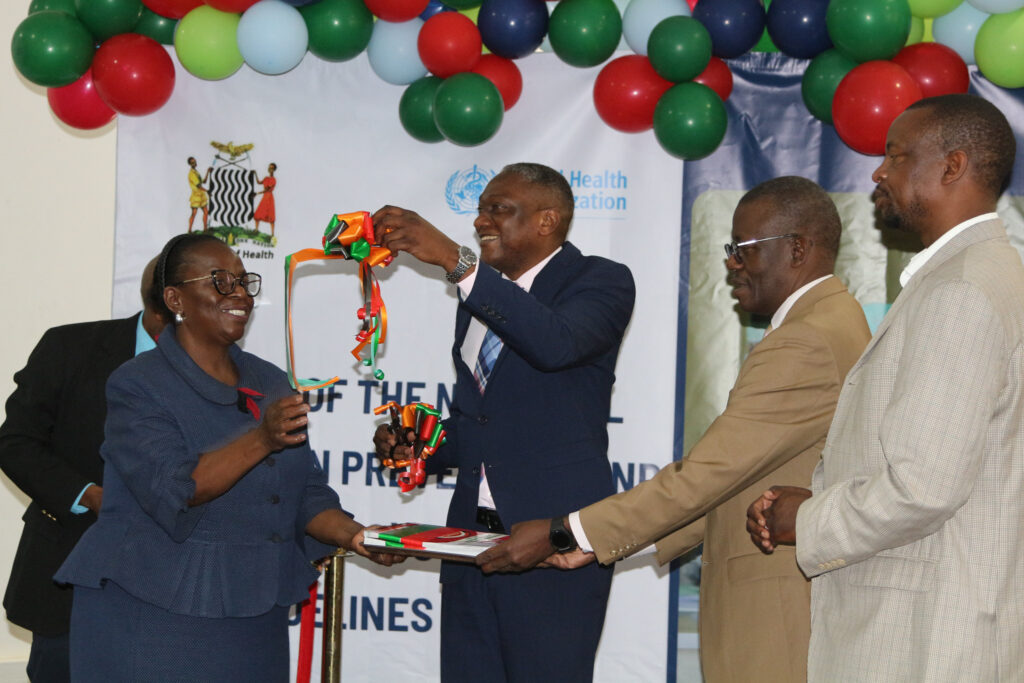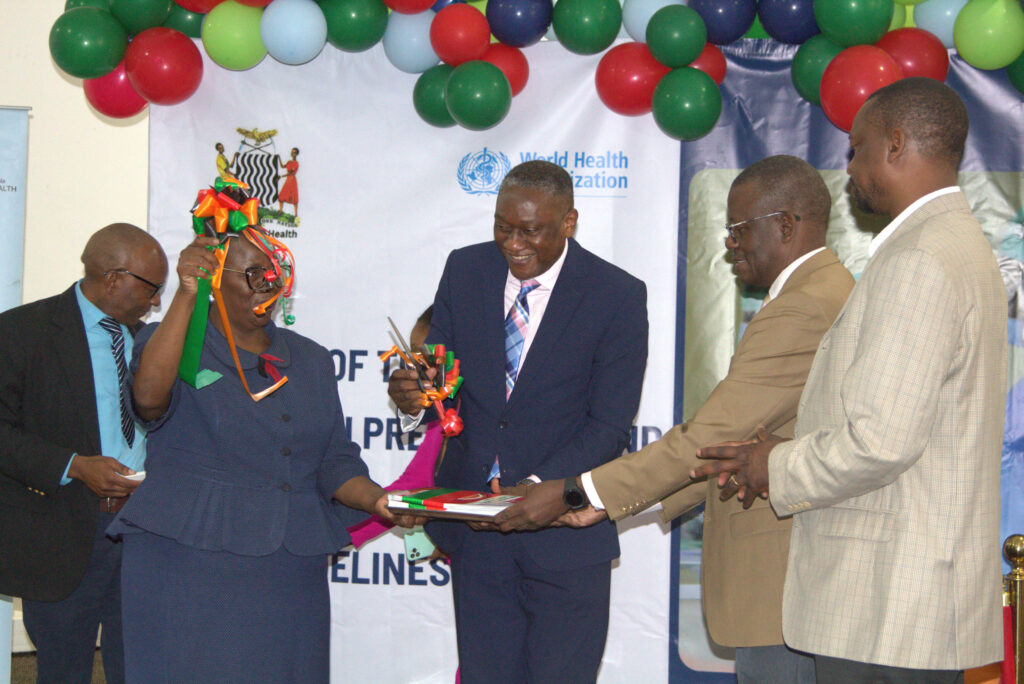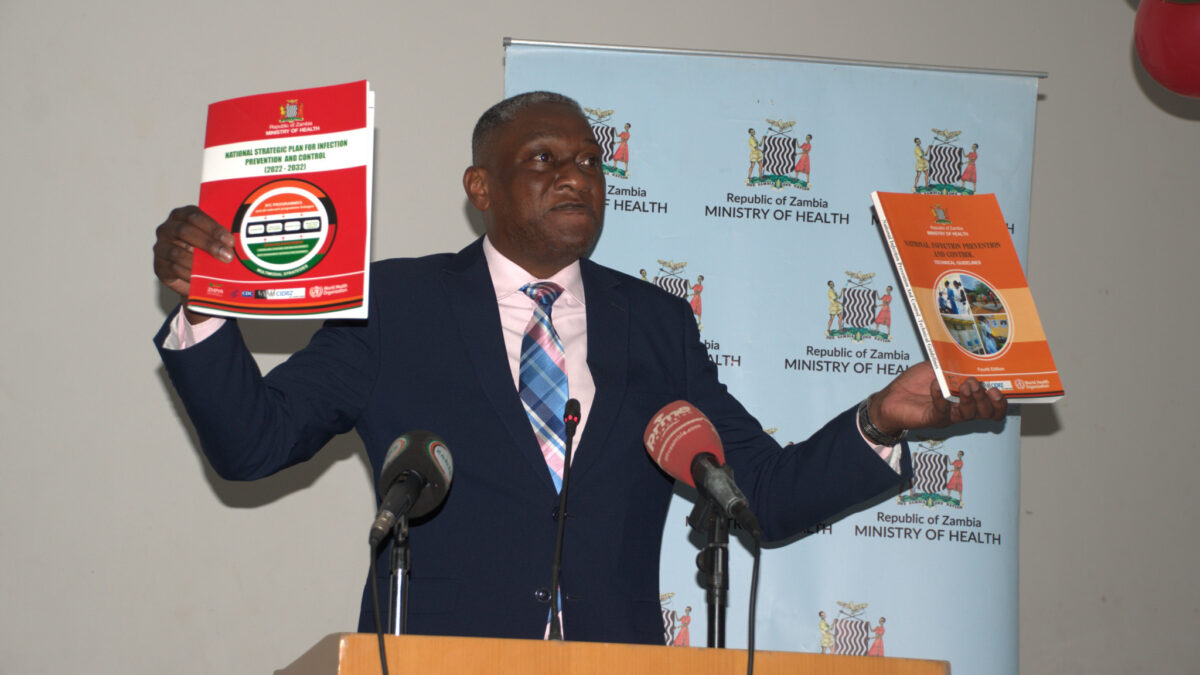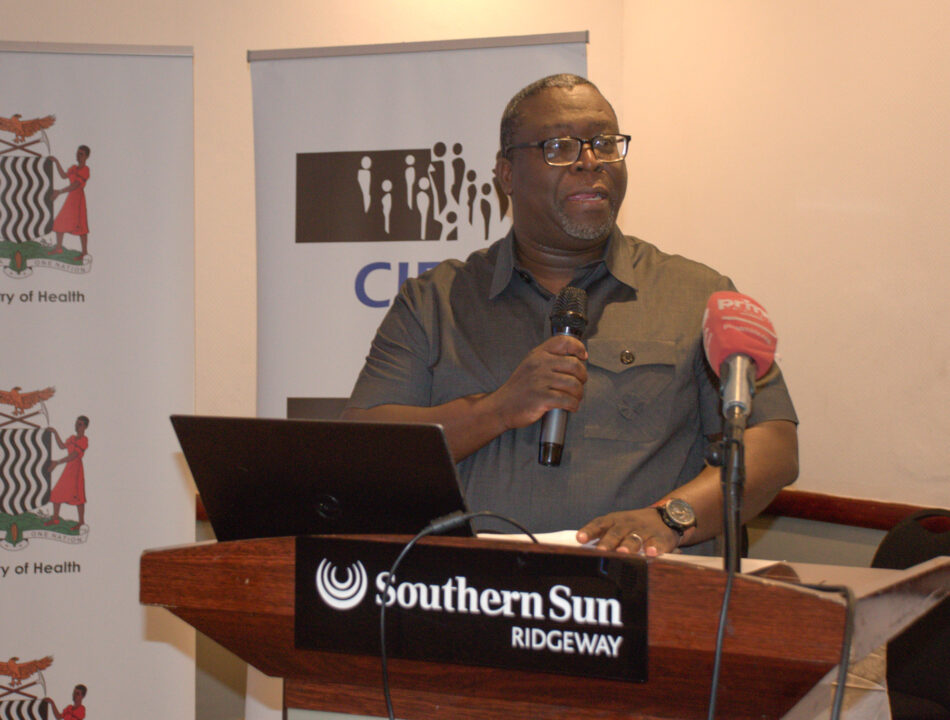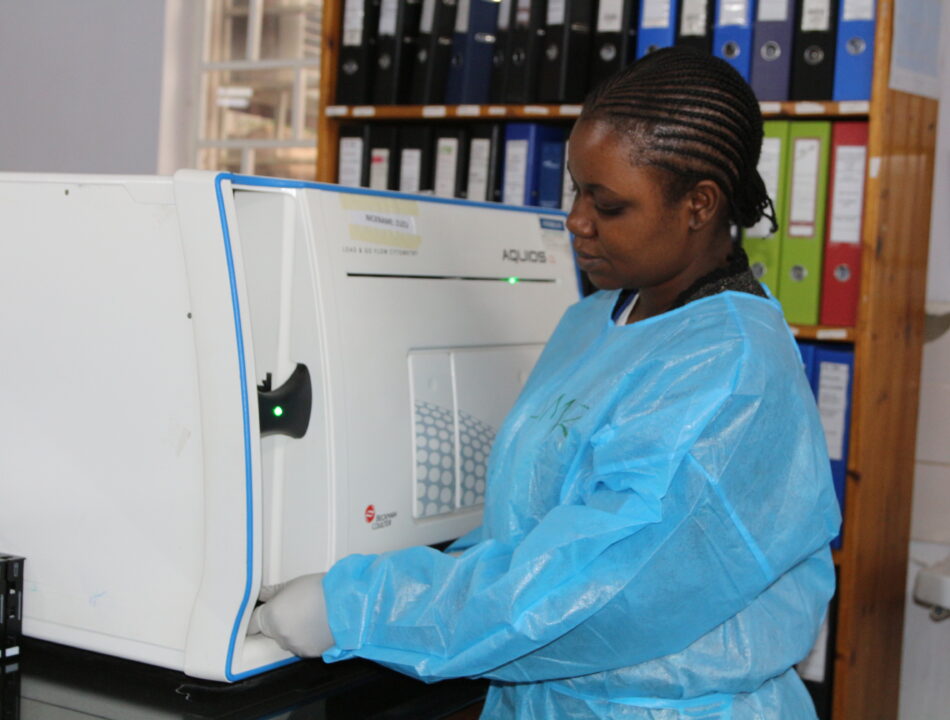Zambian Government Launches National Strategic Plan for Infection Prevention and Control (2022-2032).

CATS Model Revolutionises HIV Care for Adolescents.
October 1, 2024
USAID ECAP III Combat Internal Stigma Among Youth Living with HIV.
October 4, 2024The Zambian government, with support from,WHO and CIDRZ’s CDC supported PROUD Z project, has launched the National Strategic Plan for Infection Prevention and Control (IPC) 2022-2032, a comprehensive initiative to equip healthcare providers, caregivers and patients with knowledge to implement and adhere to effective infection prevention measures.
The plan, launched by Minister of Health Dr Elijah Muchima, emphasised the government’s commitment to enhancing Water, Sanitation, and Hygiene (WASH) services within health institutions.
In a speech delivered on his behalf by Ministry of Health Permanent Secretary for Technical Services, Dr. Kennedy Lishimpi, the Minister of Health highlighted that in 2022, President Hakainde Hichilema mandated that no new health facility would be built without basic WASH services, adding that since then, all newly constructed health facilities have been equipped with boreholes to provide running water and flushable toilets.
Dr Muchima added that a further 28% of older health facilities have been upgraded with these essential amenities.
Dr Muchima stated that the newly-launched IPC Strategic Plan, together with its operational framework and technical guidelines, seeks to strengthen infection prevention measures, reduce healthcare-associated infections, and ultimately enhance patient outcomes.
“Key priorities of the strategy include improving hand hygiene practices, establishing handwashing stations, and ensuring healthcare workers receive adequate training on IPC standards. Other important interventions focus on expanding access to water, enhancing waste management systems, and addressing antimicrobial resistance”, he said.
Dr Muchima further urged all health institutions to establish IPC committees to oversee the implementation of the strategic plan.
He added that the Ministry of Health, in collaboration with partners such as the World Health Organization (WHO), UNICEF, CIDRZ and other NGOs, is dedicated to ensuring every healthcare facility in the country meets the required standards.
“Increasing access to clean water and proper sanitation in healthcare facilities will reduce infections, improve service delivery, and, most importantly, save lives,” Dr Muchima explained.
He added that as part of its long-term vision, the government aims to ensure that by the end of the decade, all health facilities across Zambia are equipped with essential services—including electricity, running water, and flushable toilets—for the benefit of both patients and healthcare workers.
And World Health Organisation representative Dr Nathan Bakyaita appreciated the launch of the 2020-2032 strategic plan and IPC guidelines by the Ministry of Health, stating that it is a step in the right direction in achieving the goal of preventing avoidable infections at the health facility and community levels.
He said that infection prevention and control (IPC) should not be a reactive measure implemented only during disease outbreaks but rather an integral part of routine healthcare practices, stressing the need to “routinise” IPC as a standard procedure in daily operations.
Meanwhile, the Centre for Infectious Disease Research in Zambia (CIDRZ) Director of Clinical Care Services Dr Mwanza Wa Mwanza, expressed pride in CIDRZ’s 23-year partnership with the Ministry of Health in developing these important guidelines.
“Our long-standing collaboration with the Ministry of Health has provided us with the expertise and tools necessary to support this initiative to fruition,” he said.
He further stated that CIDRZ remains committed to helping roll out and disseminate these technical guidelines through capacity-building and mentorship programs that will support the Ministry’s objectives of reducing healthcare-acquired infections and antimicrobial resistance while maintaining high standards of healthcare services.
The event concluded with the formal launch of the National IPC Strategic Plan 2022-2032, marking a pivotal moment in Zambia’s efforts to improve infection prevention and control across the healthcare sector.





